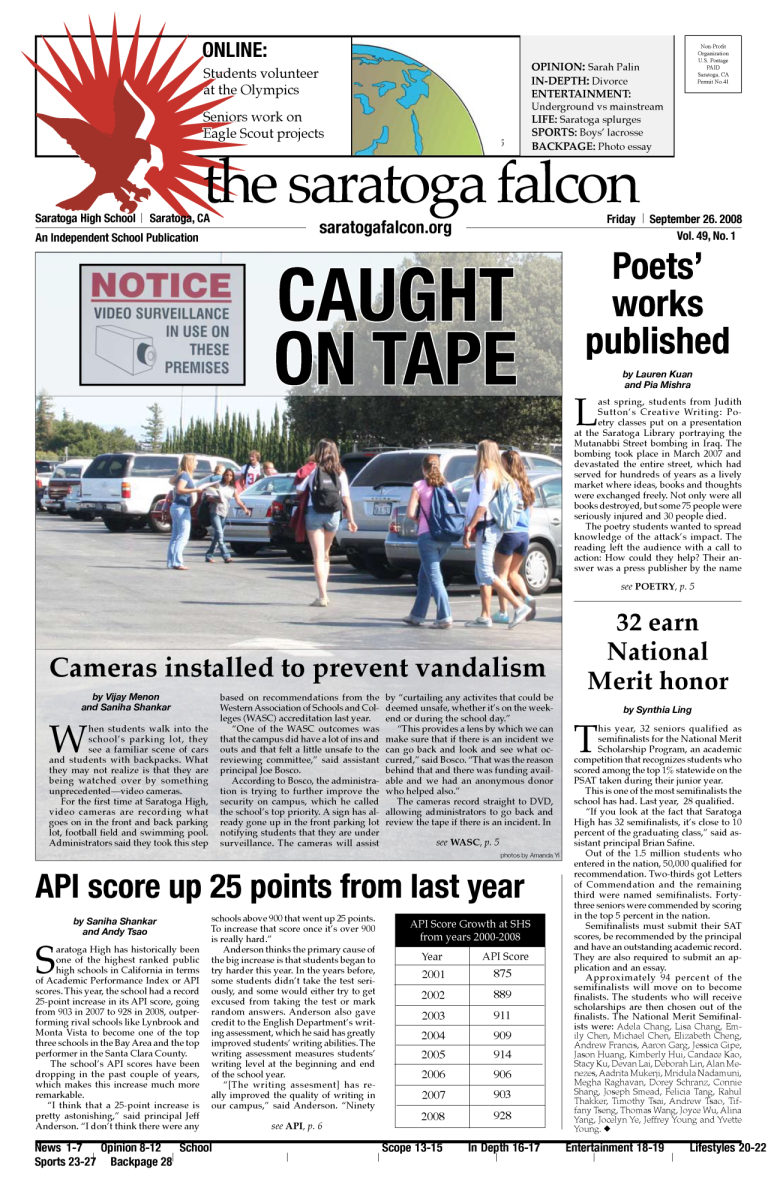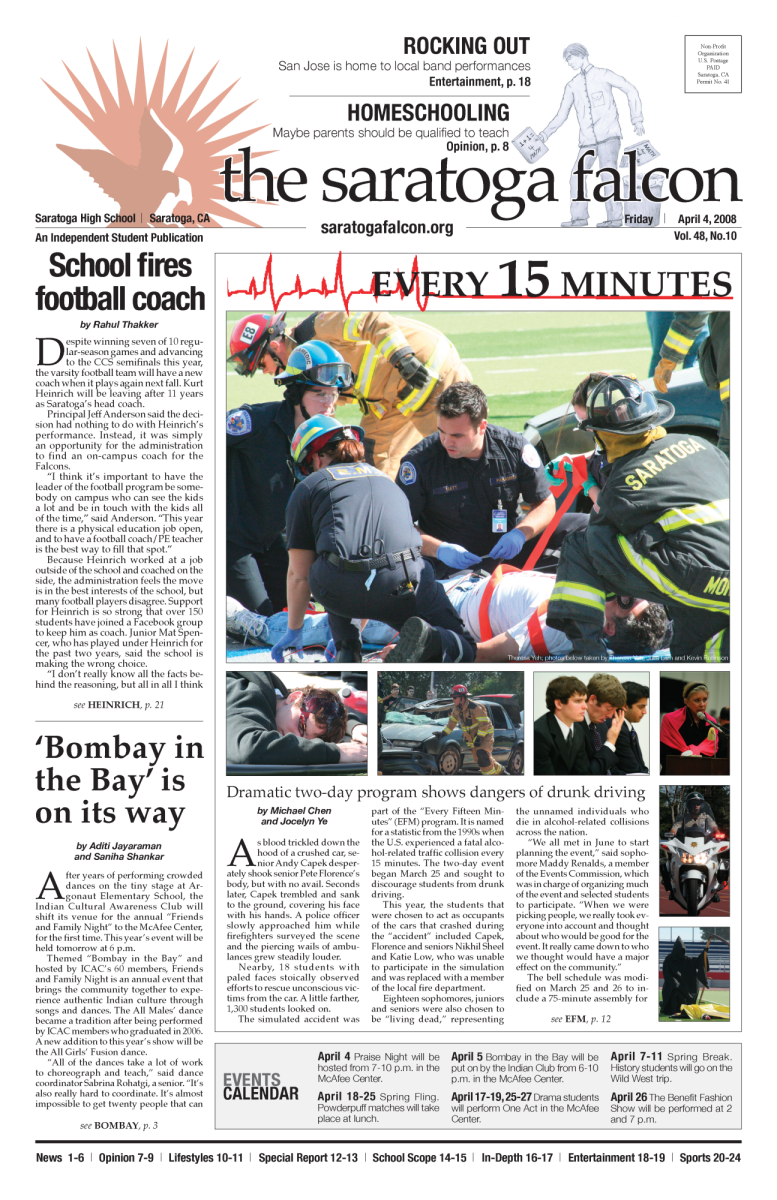After school during the fall season, junior Sarah Daoudi can normally be found either on the school pool deck getting ready for daily water polo practice or in the pool during daily water polo practice. However, the cycle doesn’t just end once the fall season is over.
Daoudi, like many other students who participate in fall sports, chooses to condition off-season in order to maintain fitness and start preparing earlier for the next season.
As a member of the West Valley water polo team, Daoudi continues to play throughout the winter season. She practices twice a week and occasionally scrimmages on Fridays with tournaments on the weekend.
In addition, she works out on her own by running on the treadmill, and exercising her legs and abs with weights.
“Being in shape in general helps to be in shape for water polo,” Daoudi said, noting that keeping her muscles strong is “always a plus” for her aggressive sport.
Similarly, sophomore Kole Tippets, who runs cross country and does distance events for the track team, makes sure to find running time between the two seasons.
Unless schoolwork is particularly demanding, Tippets typically trains three times a week, going for a longer run on Sundays. His normal weekday runs are 5 miles each and his weekend run is about 10 miles, totalling around 25 miles per week.
With this commitment he makes to consistently working hard even when neither season is ongoing, Tippets runs into inevitable difficulties balancing running and studies.
“Off-season conditioning does take up a lot of time, which leads to some conflicts and some buildup of schoolwork,” Tippets said. “Manageability comes from time management during rest days, as well as taking breaks if the situation gets really bad.”
Tippets is currently working on speed training to simultaneously gear up for track season as well as next year’s cross country season. His father and school track coach, Ian Tippets, also sets up specific times for some runners to strengthen their leg and core muscles by training in the weight room two or three times a week.
While off-season conditioning is optional for runners, members of the JV and varsity football team face mandatory off-season workouts that they do with the school’s strength and conditioning coach, science teacher Kristofer Orre.
Football players are enrolled in a seventh period P.E. football conditioning class and during the off-season train in the weight room or at the track three times a week. The workouts are based on the core lifts of squats, power cleans, bench press, overhead presses and accessory lifts, Orre said.
Varsity football player Charles Debling said the team didn’t take conditioning seriously enough before the team’s 1-9 season. According to Debling, the team had trouble showing up to the weight room and paying attention during training, which translated to poor performance on the field.
“If you’re not as strong as your opponent, it’s not going to go very well,” Debling said. “Having strengths and being strong both on the field and in the weight room really helps your performance on the field.”
Tippets also wishes for other athletes to understand the benefits of willingly taking the extra mile. He believes to improve, one needs to proactively take the first step.
“I hope that those who are serious about getting better learn to put in work,” Tippets said. “That makes all the difference and definitely outweighs talent in most fields.”



























